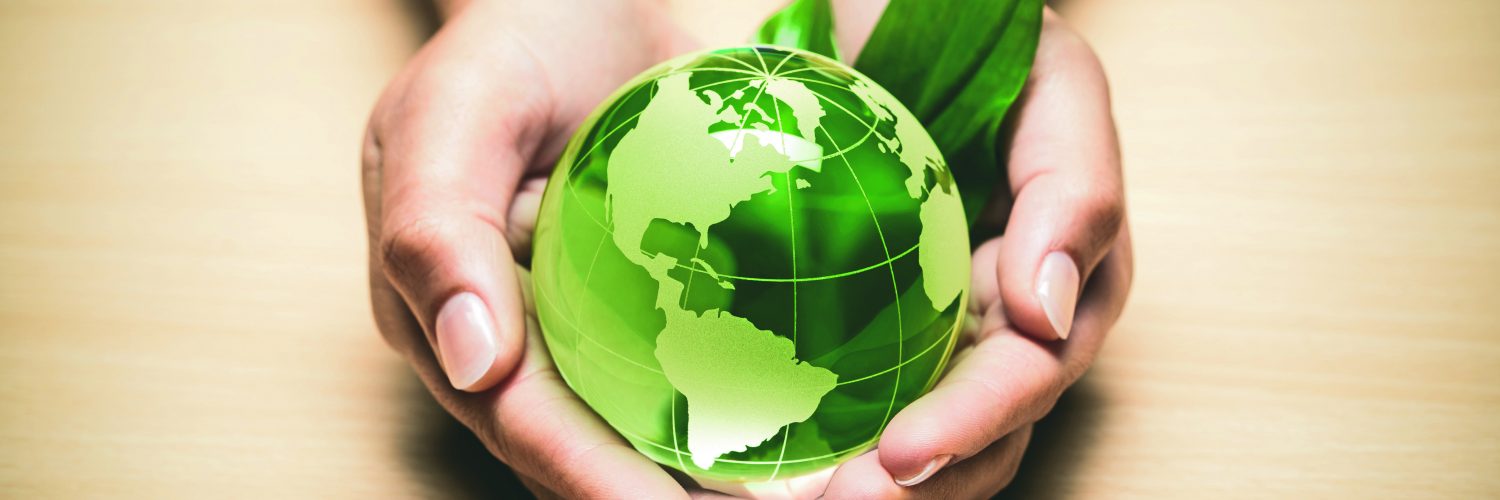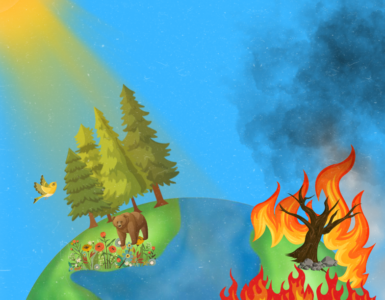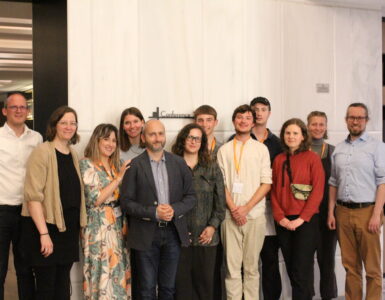Every year we dump a massive 2.12 billion tons of waste, but why so much? Because 99% of the stuff we buy is thrown away within six months. Currently, about 2.01 billion metric tons of solid waste are produced annually worldwide.
According to The World Bank’s research “What a Waste 2.0”, global waste generation could increase up to 70% by 2050, that estimates to an overall of 3.40 billion metric tons. According to the report, only 13.5% of today’s waste is recycled and 5.5% is composted. Also almost 40% of waste generated worldwide is not managed properly and instead dumped or openly burned. Interesting fact: 0.11 to 4.54 kilograms of waste are produced daily per person!
As a person to what extent is my responsibility to take care of my waste, hence my planet, my home? This is a question that everyone has to answer individually. Because world population is growing – and this means needs are also increasing – factories, companies and corporations will never stop producing in order to answer those needs. Instead of reducing the amount of waste we produce, we’re putting pressure on governments to stop using plastic or replace our sources.
In the research mentioned above, global waste composition percentages show: 44% food and green, 17% paper and cardboard, 12% plastic, 5% glass, 4% metal, 2% wood, 2% rubber and leather, 14% other. This points to a strong need for developing countries to invent in modern waste management infrastructure. It also calls for reducing plastic consumption, stem the generation of marine litter and future food waste reduction.
I think pushing governments to invest in environmental projects and industries to reduce their activities is not enough, because our activities on Earth is a non-stop cycle and it takes a united action of people to become “green users” of Earth.
In my opinion, being a “green user” is the only solution for us to continue living on Earth ‒ there is no “planet B”! Replacing our sources to sustainable energy, developing our methods and investing more on environmental projects and solid waste management, less industry activities, less extraction are some of the solutions for people to become “green users” of Earth.
It would be wrong to think that it is only government’s business to check on companies and control their qualities. It is our responsibility, too, to be aware of what we use and where it will end up.
*This article has been published in issue #16 of “Migratory Birds” newspaper, which was released as an annex with “Efimerida ton Syntakton” newspaper (Newspaper of the Editors) on December 28th 2019.









Add comment